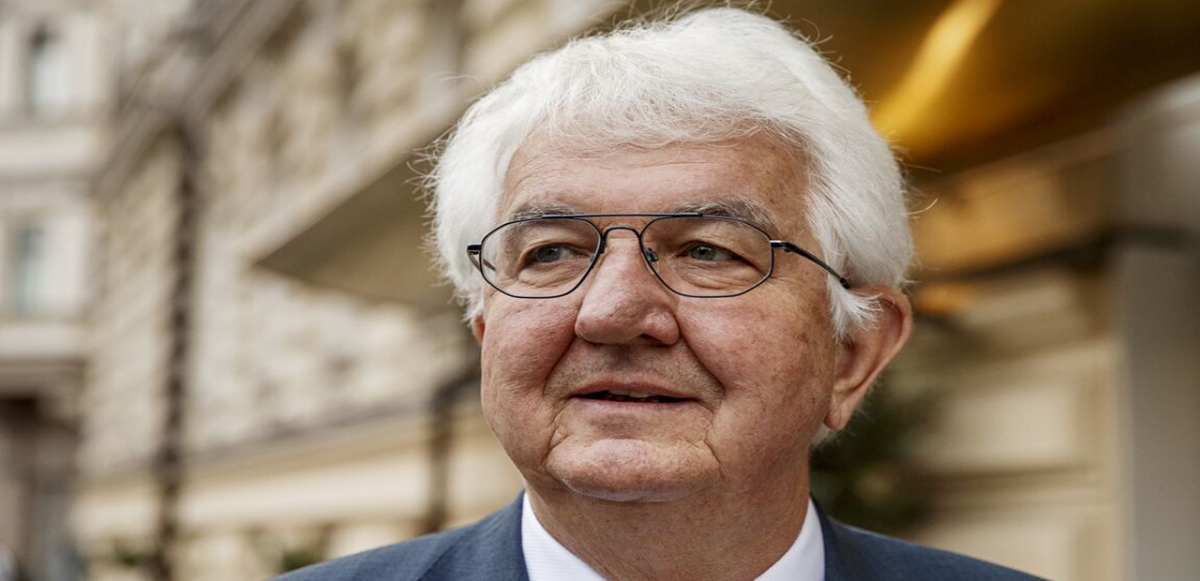ECB’s Holzmann Uncertain About Rate Peak
The European Central Bank (ECB) finds itself at a pivotal juncture as it grapples with the question of whether it has already reached the peak in its borrowing costs. Governing Council member Robert Holzmann, known for his hawkish stance, has emphasized that the central bank’s path forward remains uncertain due to the persistence of inflationary pressures. Inflation continues to be a cause for concern, making it impossible to rule out the potential for further interest rate hikes.
Holzmann identified several factors that could pose threats to the retreat in consumer prices across the eurozone. These include ongoing wage negotiations and the escalating costs of oil, both of which have the potential to fuel inflationary pressures. He stressed the ECB’s commitment to keeping inflation in check, highlighting that this is a fundamental responsibility of the central bank.
Speaking at a Bloomberg event in Vienna, Holzmann acknowledged the presence of external shocks that might necessitate further rate increases. He stated, “There are shocks out there which may force us to go higher,” emphasizing the central bank’s vigilance in maintaining control over inflation.
His comments align with the ECB’s recent pledge to keep borrowing costs at restrictive levels for an extended period to ensure that inflation returns to its target of 2%.
Frank Elderson, a member of the ECB’s Executive Board, echoed Holzmann’s sentiments regarding the uncertain path of borrowing costs. He emphasized the importance of data-driven decisions and expressed that it is premature to make definitive statements about whether interest rates have peaked.
The debate within the ECB’s Governing Council regarding interest rates remains active. Some policymakers argue that the current rate of 4% represents the peak and that further increases could hinder economic growth in the 20-nation euro area. Others contend that it is too early to abandon the central bank’s aggressive monetary tightening campaign, especially considering lingering price risks, particularly from oil.
Holzmann expressed his willingness to maintain high borrowing costs if it meant a strong and resilient economy.
Investors are closely watching economic data for September, particularly to gauge the impact of the recent rate hikes on inflation. The first national inflation figures are expected on Thursday, with Germany anticipating a significant slowdown. Eurostat will subsequently release readings for the entire euro area on Friday.
ECB President Christine Lagarde has reiterated the central bank’s commitment to keeping borrowing costs elevated for as long as necessary to combat inflation, even in the face of economic uncertainties.
Holzmann also touched on the ECB’s efforts to reduce its bond portfolio accumulated during past crises. He expressed support for initiating discussions on potentially expediting the end of reinvestments from the pandemic portfolio. However, he clarified that he does not favor outright asset sales under the Asset Purchase Programme (APP).
In summary, the ECB is navigating a complex economic landscape marked by inflationary pressures and varying opinions within its Governing Council. The central bank remains cautious and data-dependent in its approach to interest rates, with the potential for further hikes still on the table. The path forward will be influenced by economic data, external shocks, and the central bank’s commitment to taming inflation.

.webp)




